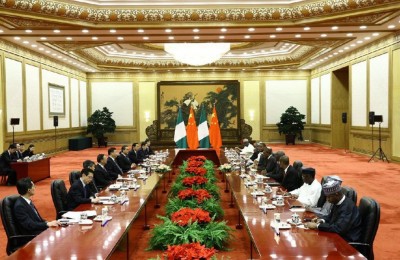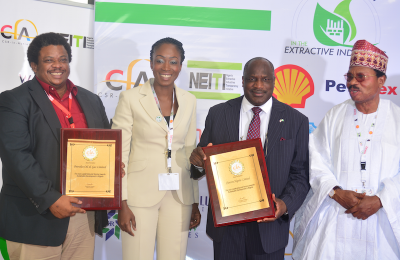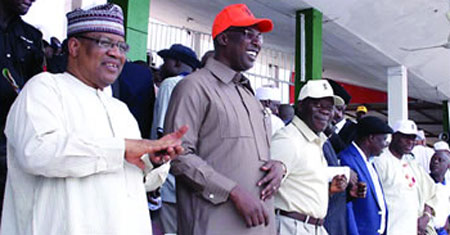Nigeria has again pushed back the timeframe for selling off state-owned power assets, its privatization agency said on Monday, another setback for reforms which investors hope will unlock the potential of Africa’s second largest economy.
Despite holding the world’s seventh biggest gas reserves, Nigeria only provides its 160 million people with enough electricity to power a medium-sized European city.
Those who can afford it rely on expensive diesel generators. Those who can’t light candles and lanterns.
President Goodluck Jonathan unveiled power privatisation plans 18 months ago as a major flagship policy and pledged state power generation and distribution assets would be sold off last year.
If he could fix Nigeria’s notoriously creaky power sector where several of his predecessors have failed it would revive his presidency, which is struggling to shake off corruption and a growing Islamist insurgency in the north.
He would also leave one of the most impressive legacies of any Nigerian leader. But several government deadlines on privatisation have been missed and the Bureau of Public Enterprises has set out a new timetable.
“According to the revised bid timeline issued to investors by the privatisation agency, the announcement of the preferred bidders for the 17 successor companies … will be made on/or before October 23, 2012,” a BPE statement said.
It said part of the reason for the delay was the need to address concerns raised by power industry officials at a conference with the Nigerian government in November.
Power infrastructure can be roughly split into three sections: generation, transmission and distribution.
Nigeria plans to award a management contract for transmitting electricity from power plants to substations and privatise the bulk of six power generation plants and 11 distribution firms, which supply end users.
Manitoba Hydro of Canada and state-owned Power Grid of India are the two companies short-listed for the transmission management contract.
Frequent electricity blackouts have long been a brake on growth in sub-Saharan Africa’s second biggest economy and economists say solving the problems could launch GDP growth from its current rate around 7 percent a year into double-digits.
Nigeria was hoping to produce 6,000 megawatts of power by the end of this year, up from the current 4,000. This would still only scratch the surface of the minimum 40,000 megawatts needed for a nation of around 160 million people.
Decades of Nigerian administrations have cashed-in on crude exports rather than investing in plants to refine fuel or developing gas for domestic consumption, which means the poorest half of the population live without power.
Nigeria estimates it will need $10 billion a year of investment over the next decade to meet its energy needs.
Reuters















Hurray for privatisation of our power supply. There is clear evidence from the UK and other contries that privatisation will bring efficiency and effectiveness to the supply of power in our great nation.
However I am skeptical about the use of foreign companies to help us achieve this goal. What is wrong with Nigerians owning the supply of power to Nigerians by Nigerians. There is clear evidence that Nigerians like any other citizens driven by market competitions and the need to make profit will be able to do this. Anyone in doubt should look at the likes of Dangote and the telecoms companies.
its even more disconcerting that India has to be on the shortlist. India with its huge soical problems and currupt practices. what makes Goodluck think they are better at supplying power than public quoted companies where ordinary Nigrians are the majority share holders.
I fear this is going down the route of our oil industry a situation where foreign companies exploit our oil wealth for their own benefit first and foremost employ us in our own country and devastate our towns and villages in a way that can not be dreamt of in their own contry.
Nigerians have suffered power shortage for years please lets get it right when we privatise. It should be power for Nigerians by Nigerians. Pulic quoted Nigerian companies should be preferred bidders period.